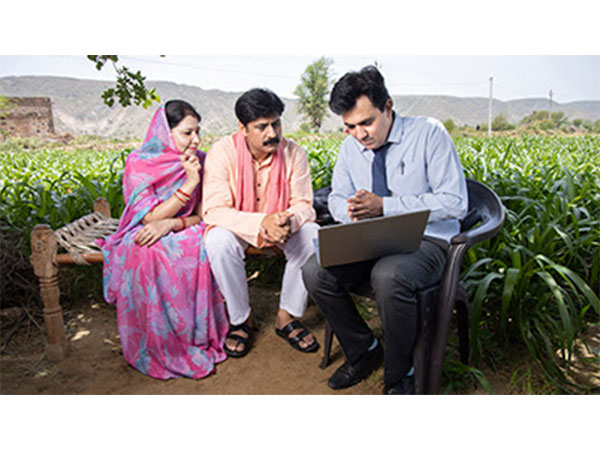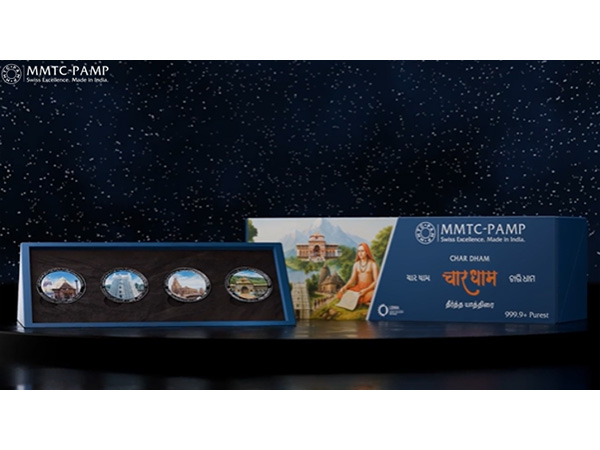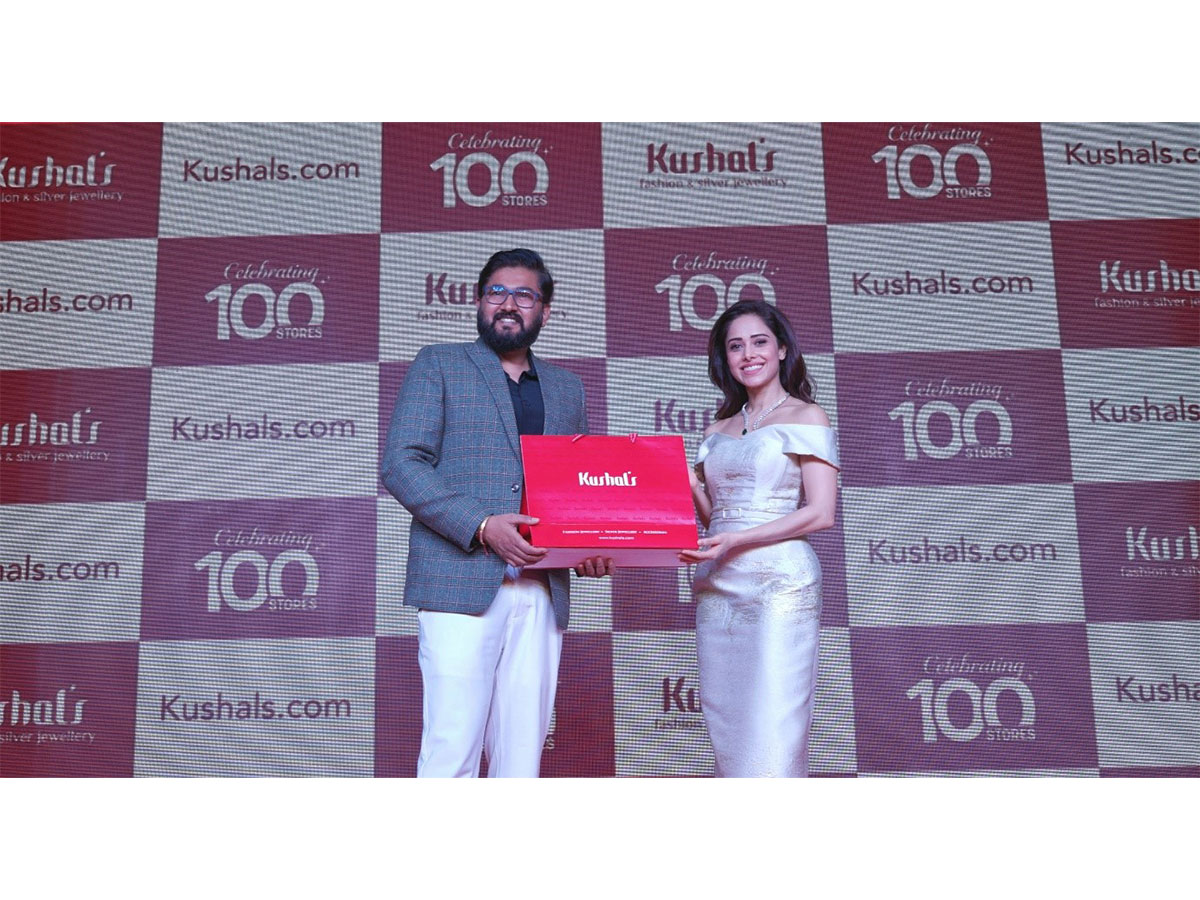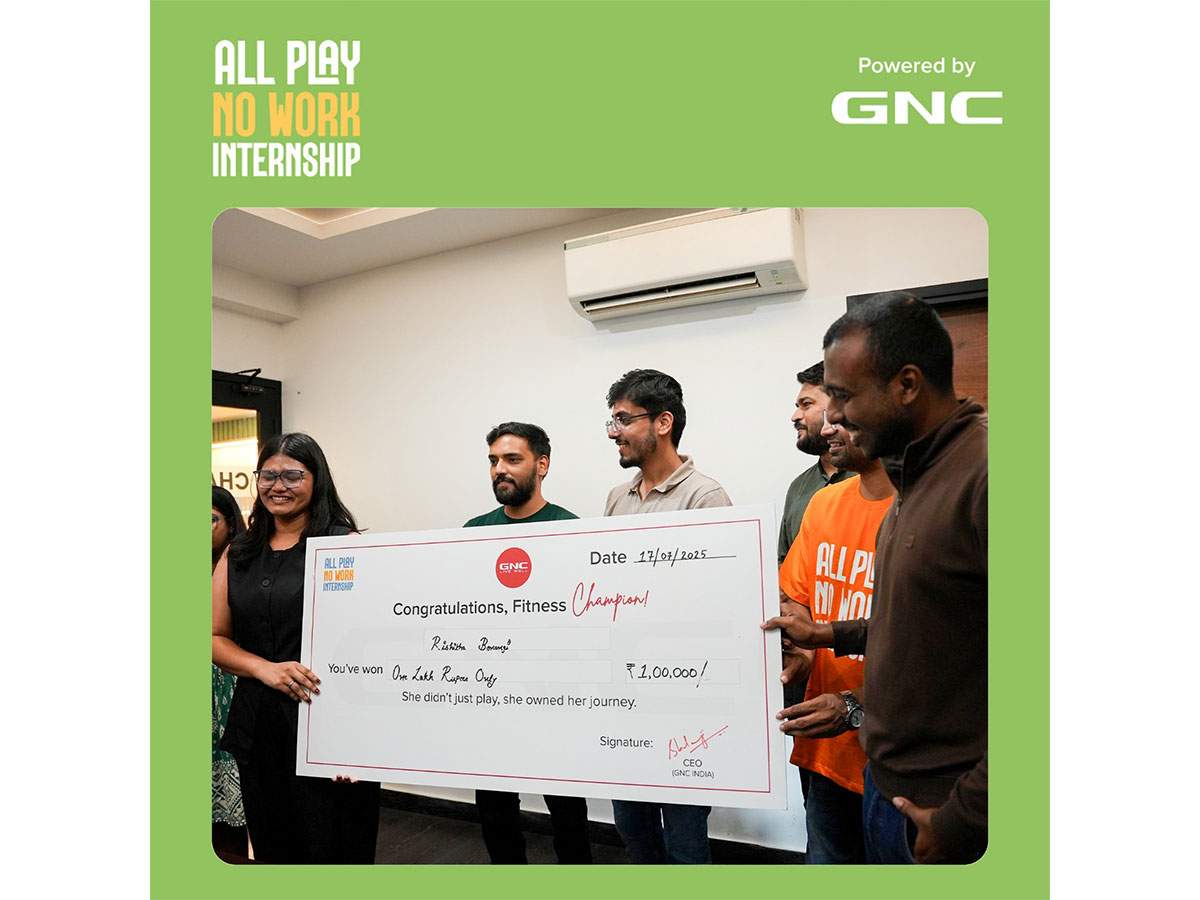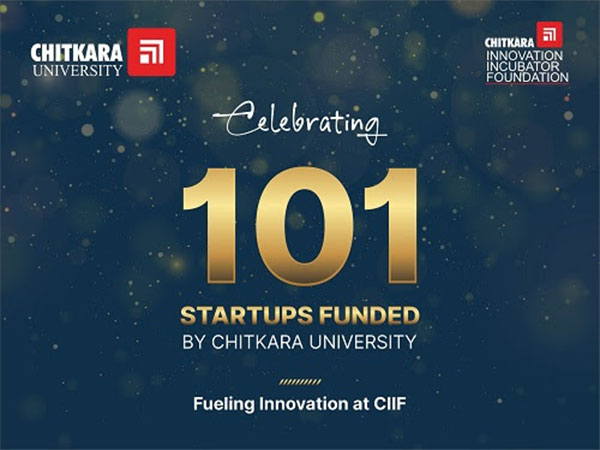Macsen Labs Achieves Breakthrough in Sodium-Ion Battery Chemistry, Files Provisional Patent, and Advances Toward Pilot-Scale Manufacturing
Jul 21, 2025
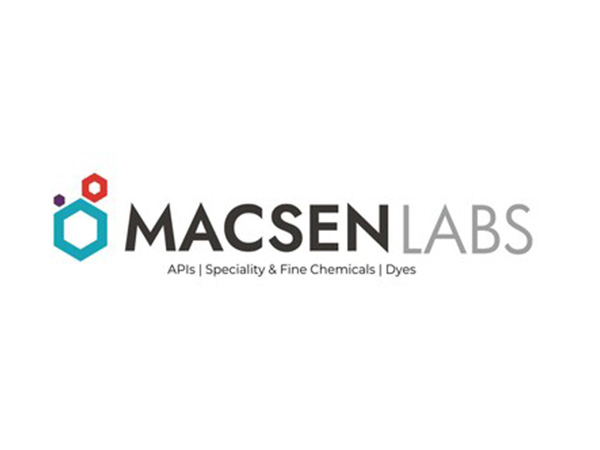
PRNewswire
Udaipur (Rajasthan) [India], July 21: Macsen Labs, a manufacturer of APIs, dyes, and specialty chemicals since 1952, has announced a major breakthrough in Sodium-Ion battery technology through the successful R&D-scale synthesis of its high-performance Prussian White, a next-generation cathode material for Sodium-Ion batteries. The company has filed a provisional patent for its proprietary synthesis process. The material has already undergone optimization for battery use at the company's electrochemistry and battery R&D facility and has shown promising results, driving the next phase toward pilot-scale manufacturing.
https://www.youtube.com/watch?v=qJQrHt-apeY
"It's an interesting story, how a pharmaceutical company like ours entered the energy storage space," said Mr. Achal Agrawal, CEO of Macsen Labs and the lead researcher behind the project. "While working on Prussian Blue as a drug for radioactive poisoning, we discovered its derivative -- Prussian White, which was emerging as a leading candidate for Sodium-Ion battery cathodes. That moment of curiosity led us down this path."
Exactly one year ago, with zero experience in electrochemistry, Macsen's team fabricated a basic pouch cell inside a regular chemistry R&D lab, without specialized equipment. "We had no glovebox, no coater, no calendering machine, just our lab experience and synthesized material," recalled Agrawal. "When that small cell lit up an LED bulb, we knew we had something worth pursuing. That spark led us to establish a full-fledged electrochemistry lab."
Today, Macsen's battery R&D facility includes an argon-filled glovebox for inert atmosphere handling, coin and pouch cell fabrication stations, electrode coaters, crimpers, vacuum dryers, and electrochemical testing systems, such as cyclers and potentiostats. With this setup, Macsen can rapidly prototype and test battery cells using its own synthesized materials, significantly reducing development time.
The company already operates a pilot-scale chemical synthesis facility, which is now being used to produce Prussian White at a kilogram scale. Through numerous experiments conducted over the last year, the team has gained proficiency in Prussian White chemistry and has achieved what is likely to be one of the finest quality variants produced to date.
Through its proprietary process, Macsen has achieved an energy density exceeding 150 mAh/g with Prussian White, which is comparable to Lithium Iron Phosphate (LFP). The material also shows excellent stability, fast sodium-ion mobility due to its open crystalline structure, and compatibility with existing Li-ion cell manufacturing infrastructure.
"Performance-wise, it's at par with LFP, but made from abundant, low-cost materials like sodium and iron," said Agrawal. "And these elements are easily available, affordable, and free from geopolitical constraints."
This project, originally incubated within Macsen Labs, is now being advanced under a dedicated entity currently under formation -- 'Macsen Energy', which will focus exclusively on energy storage innovation and scale-up.
"The real potential of sodium-ion batteries lies not just in electric vehicles," said Agrawal. "It lies in stationary energy storage systems that store and manage renewable energy from solar and wind. This is where India's energy transition will happen at scale."
Macsen's current Sodium-Ion battery technology, using its Prussian White as cathode paired with a hard carbon anode, is well suited for applications such as battery energy storage systems (BESS) for grid and solar, household backup and inverter systems, short-range EVs, auto-rickshaws, two-wheelers, city buses, rural microgrids, and energy access solutions.
The company is now focusing not only on improving cycle life, energy density, charge-discharge rates, and optimizing electrolyte-additive systems, but also on reducing the cost contribution of other components of the battery cell. Macsen aims to develop economical form factors by innovatively combining low-cost battery materials, components, and manufacturing processes, especially for large-scale stationary energy storage. One inherent cost advantage of sodium-ion technology is its use of aluminium in place of copper as the cathode current collector, which would further reduce raw material costs.
To demonstrate the performance of Prussian White in commercial large-format cells, Macsen is setting up a pilot-scale cell fabrication line. The company is already sourcing equipment for this and aims to have the pilot-scale production facility operational by early 2026.
"We are trying to make a new energy future for India," concluded Agrawal. "Sodium-ion batteries are India's opportunity to build a truly indigenous, scalable, and affordable energy storage ecosystem."
Contact
corporate@macsenlab.com
Video: https://www.youtube.com/watch?v=qJQrHt-apeY
Logo: https://mma.prnewswire.com/media/2734787/Macsen_Labs_Logo.jpg
(ADVERTORIAL DISCLAIMER: The above press release has been provided by PRNewswire. ANI will not be responsible in any way for the content of the same)


